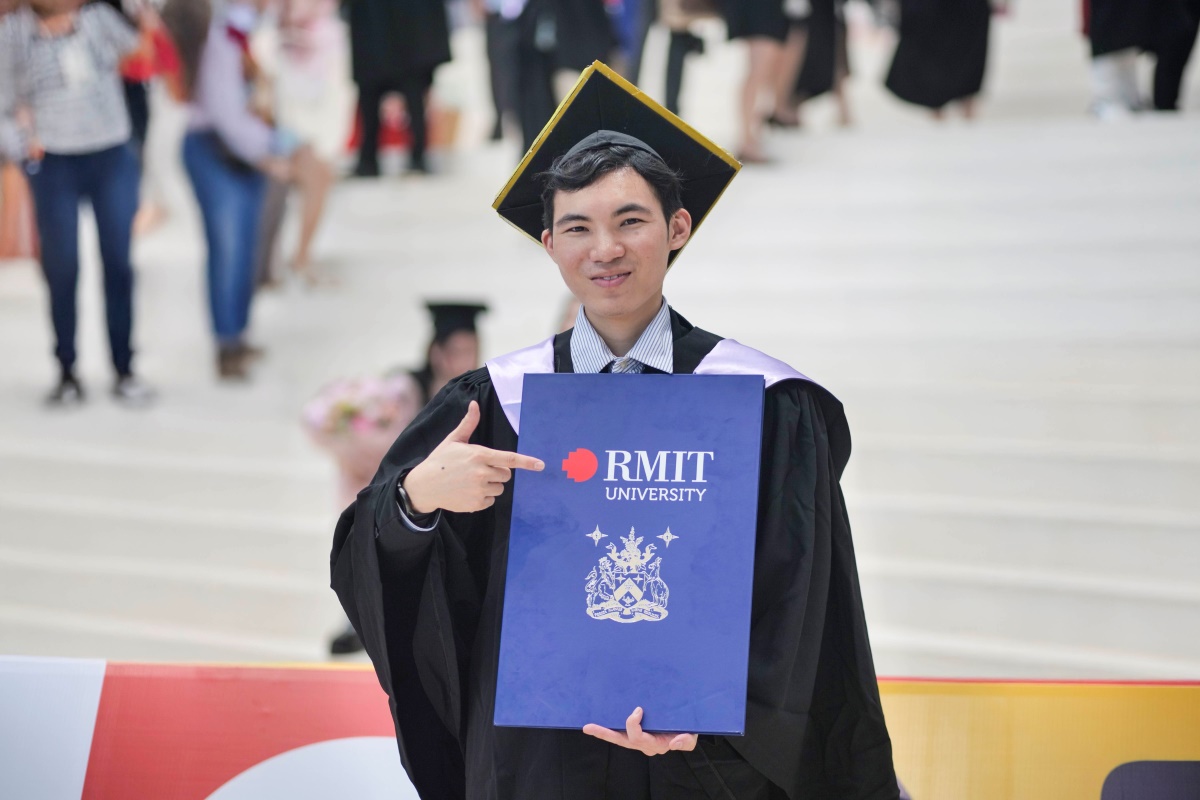Growing through competitions: RMIT graduates share their journey
Stepping outside the classroom can be intimidating, but competitions offer more than just trophies. They sharpen skills, build awareness, and open doors to real-world opportunities.
Scammed in paradise: Facebook fraud hits Vietnam’s tourism industry
As Vietnam gears up for the public holidays from 30 April to 4 May, and with the summer travel season just around the corner, RMIT academic Dr Daisy Kanagasapapathy warns that online scams targeting tourists are likely to spike.
From a life-changing scholarship to teaching English to rural children
Empowered by the RMIT Vietnam Opportunity Scholarship, Ha Viet Tinh has not only fulfilled his dream of attending university but also realised a promise he made to himself four years ago.
Why brands should board the space tourism hype
Dr Alrence Halibas, a Digital Marketing researcher from RMIT Vietnam, explains why brands should see space tourism not as sci-fi, but as a real marketing launchpad, especially for Vietnam’s Gen Z.








